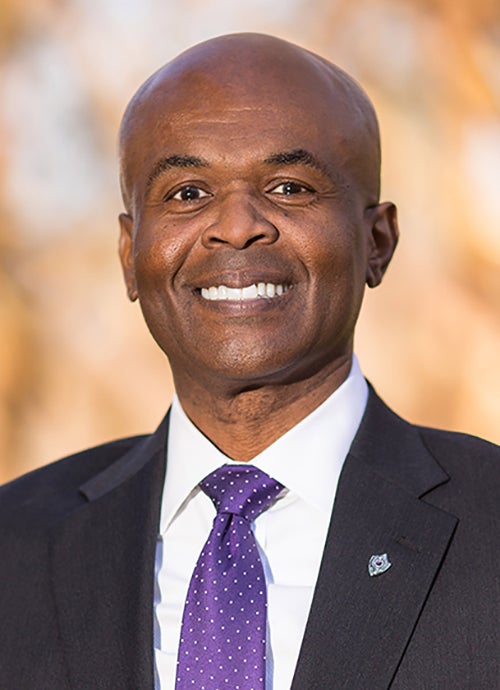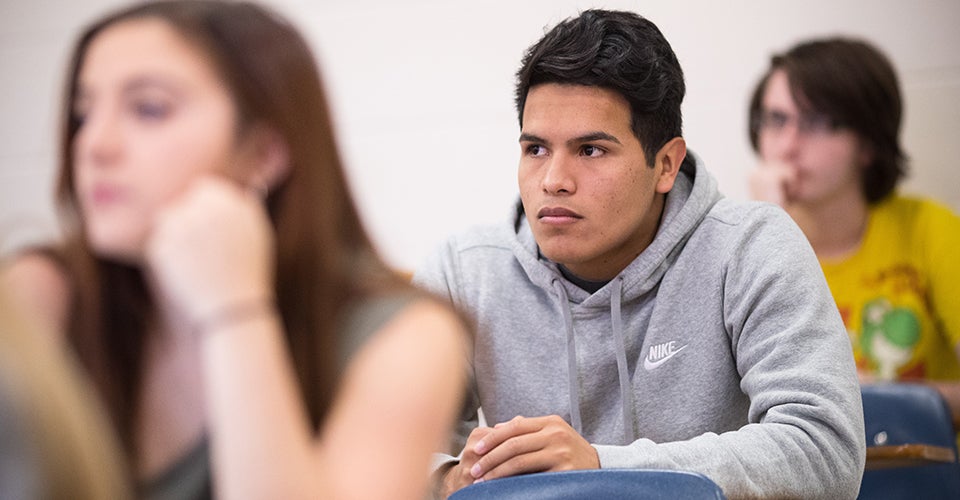IMPROVING STUDENT PERFORMANCE
ECU to create laboratory school with Pitt County Schools
East Carolina University is one of eight UNC system schools identified to create and operate a laboratory school to help under-achieving elementary students perform better.
UNC President Margaret Spellings announced Nov. 1 that ECU along with Appalachian State University, North Carolina Central University, UNC-Charlotte, UNC-Greensboro, UNC-Pembroke, UNC-Wilmington and Western Carolina University are candidates to establish and operate laboratory schools. The system has 15 institutions that offer educator-preparation programs.
Some universities are expected to open and operate laboratory schools in the 2017-18 academic year, and others will be added in 2018-19.
The planned laboratory schools are the result of a N.C. General Assembly law passed this summer requiring the UNC Board of Governors to establish laboratory schools aimed at improving student performance in low-performing elementary schools.
“I view this project as an opportunity to redefine how universities partner with public schools to improve student outcomes and provide high quality teacher and principal training,” Spellings said. “Through these lab schools, we’ll be able to partner directly with local school districts to promote evidence-based teaching and school leadership, all while offering real-world experience for the next generation of teachers and principals.”
The UNC system plan has been submitted to the legislature’s Joint Legislative Commission on Governmental Operations. A draft plan for implementation was approved at the UNC Board of Governors Oct. 14 meeting in Chapel Hill. On Sept. 30, the ECU Board of Trustees heard a presentation on the project from College of Education Dean Grant Hayes.

College of Education Dean Grant Hayes
ECU has proactively prepared by initiating talks about a partnership with the Pitt County Schools to meet the new legislation, Hayes said.
“We look forward to working with the Pitt County Schools on this project,” he said.
The laboratory school will be a demonstration site to provide exposure and training for teachers and principals to address challenges in high-needs schools, and be used to determine best practices, provide educational research and foster professional development.
“We are pleased to partner with East Carolina University’s College of Education on this project,” said Dr. Ethan Lenker, superintendent of Pitt County Schools. “We believe that the laboratory school will provide a tremendous opportunity for our students, for Pitt County Schools and for ECU.”
Math literacy, early language development and reading literacy will be a focus of the ECU laboratory school, Hayes said.
“We have the unique opportunity to design an innovative curriculum to improve student performance and to increase outcomes for students,” Hayes said. “Our goal is to be a model for the state of North Carolina.”
Planning for the operation, curriculum and policies for the school is still underway, but regulations would require that the ECU Board of Trustees act as the board of education for the laboratory school.
Last month, representatives from UNC, the State Board of Education, the NC Department of Public Instruction and local school districts participated in a daylong meeting to identify and discuss the significant operational, programmatic and policy issues that must be addressed in creating successful laboratory schools.
Subject to further consultations, the UNC system aims to solidify the precise districts in which the first laboratory schools will be located by early 2017.
ECU’s College of Education is the largest producer of new teachers in the state and the oldest professional school on campus. The mission of the College of Education is the preparation of professional educators and allied practitioners, including teachers, counselors, media coordinators, special education professionals, and principals and administrators.

Students in the ECU College of Education like Brian Arredondo would get an opportunity to work in a laboratory school being planned to boost elementary school student performance and provide exposure and training for teachers and principals to address challenges in high-needs schools. (Photos by Cliff Hollis)